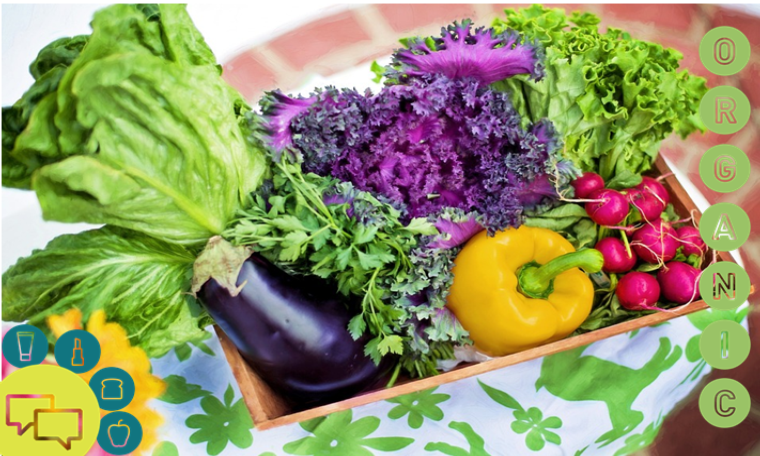
It’s Organic September, and so it seems only natural for us to share some advice on the use of the term “organic” in advertising - particularly in relation to foods and cosmetics.
Food glorious food!
Although a quick stroll down the supermarket aisles can make it seem like the word “organic” is thrown around with wild abandon, it actually has a very specific meaning in the food industry. If a marketer wishes to claim their food product is “organic” or “made with organic ingredients” they must ensure it comes from farmers, processors or importers who: follow the minimum standards set down in Council Regulation (EC) 834/2007; are registered with an approved certification body; and are subject to regular inspections. They need to be able to provide documentary evidence of the above, as well.
It is not acceptable to state or imply that organic foods are generally healthier than non-organic foods, due to strict requirements in the CAP Code concerning health and nutrition claims for food. For the same reasons, comparative claims about the nutritional content of organic vs non-organic food would be subject to scrutiny.
Similarly, documentary ‘taste test’ evidence would likely be required if making claims that a particular organic food product tastes better than non-organic rivals, purely on the basis of being organic.
More than just cosmetic
There is no universal UK standard for organic cosmetics. However, some independent certification bodies have created standards which require a high proportion of organic ingredients. If a product meets one of these standards, marketers should make that clear in the relevant advertising, to avoid implying that there is a universal standard. This applies even if the word “organic” is being used to advertise a company’s philosophy, or is attached to a range of cosmetic products.
The International Standards Organisation (ISO) has also published guidelines on definitions and assessment for ‘natural’ and ‘organic’ ingredients and products for cosmetics (ISO 16128)
Claims that organic cosmetic products are inherently safer than non-organic products are likely to be problematic, as all cosmetic products are subject to the same safety regulations.
And finally
If your ‘organic’ claims are all in order, that doesn’t mean you have free rein to make any claims you like about organic production, farming, environmental impact or animal welfare. As is always the case, you’ll need to hold robust documentary evidence to support such claims.
For more advice on this topic, please read the below guidance:
- Organic: General
- Organic: Foods
- Organic: Animal Welfare
- Organic: Pesticides
- Farming methods
- Environmental Claims: General
- Food: Health and Nutrition
Remember, if you’re unsure about using organic claims in your marketing and are unable to find answers to your queries in our AdviceOnline library, you can always contact us directly for free and bespoke Copy Advice.
More on
-
Keep up to date
Sign up to our rulings, newsletters and emargoed access for Press. Subscribe now.


